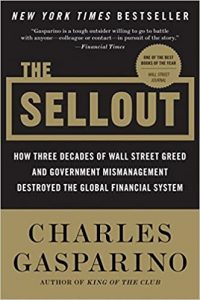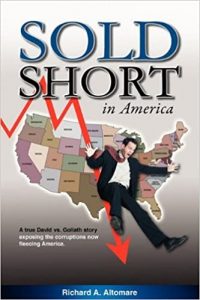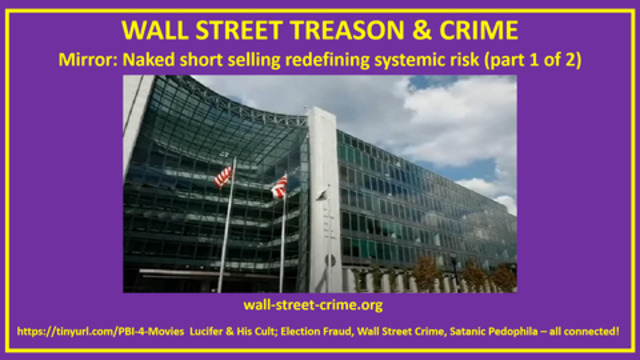Choking the Recovery: Why New Growth Companies Aren’t Going Public and Unrecognized Risks of Future Market Disruptions
Harold S. Bradley and Robert E. Litan
Kauffman Foundation, 8 November 2010
We show here that ETFs are radically changing the markets, to the point where they, and not the trading of the underlying securities, are effectively setting the prices of stocks of smaller capitalization companies, or the potential new growth companies of the future. In the process, ETFs that once were an important low-cost way for investors to assemble diversified stock holdings are now undermining the traditional price discovery role of exchanges and, in turn, discouraging new companies from wanting to be listed on U.S. exchanges.






 Alexis Brown Stoke, Associate Professor of Finance & Economics at Texas State University, earned her Bachelor of Arts in Economics, Political Science, and Managerial Studies, cum laude, from Rice University, and her Juris Doctorate from Harvard Law School, where she served as president and editor-in-chief of the Harvard Journal on Legislation.
Alexis Brown Stoke, Associate Professor of Finance & Economics at Texas State University, earned her Bachelor of Arts in Economics, Political Science, and Managerial Studies, cum laude, from Rice University, and her Juris Doctorate from Harvard Law School, where she served as president and editor-in-chief of the Harvard Journal on Legislation.